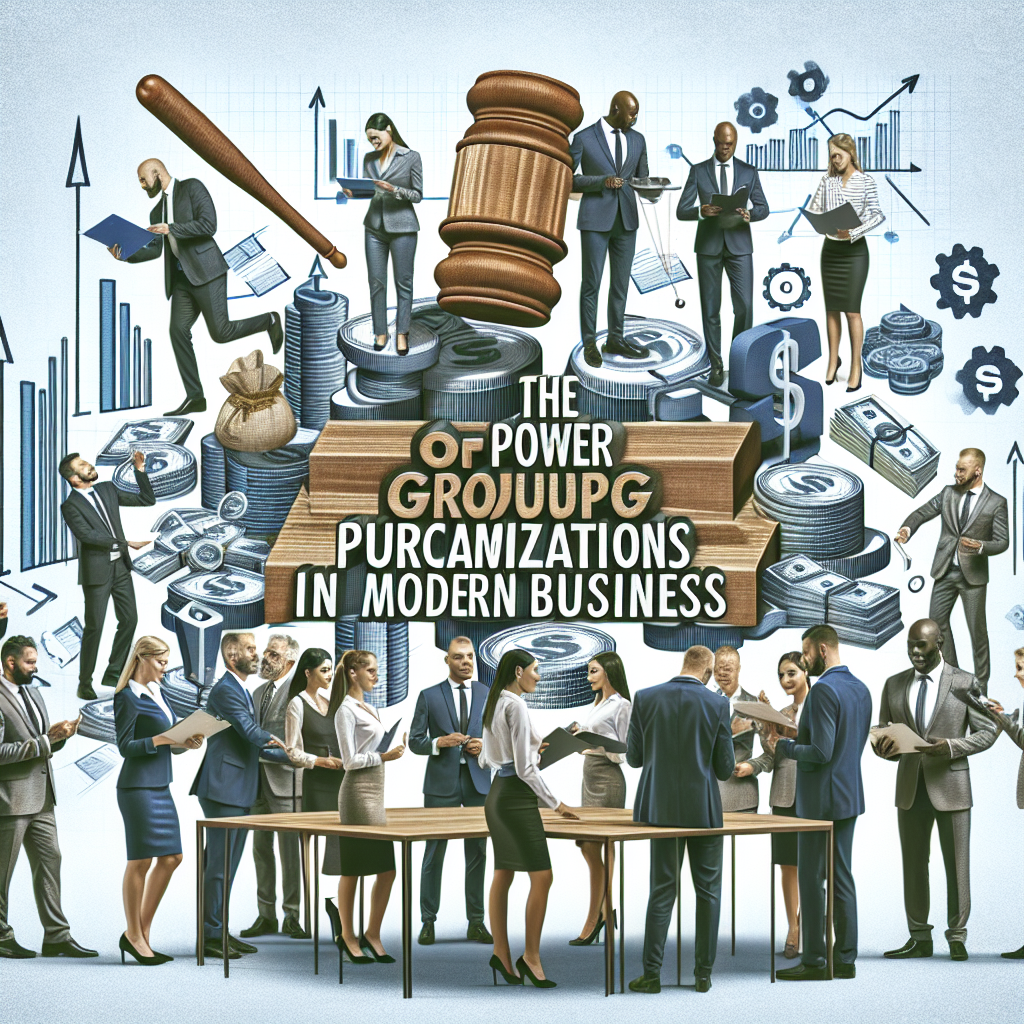Supplier engagement is a critical aspect of any business’s success. It involves building and maintaining strong relationships with suppliers to ensure a steady supply of high-quality goods and services. Engaging with suppliers is essential for businesses to meet their production and service delivery needs, as well as to maintain a competitive edge in the market. When businesses engage with their suppliers, they can work together to identify and address potential issues, improve processes, and drive innovation. This collaboration can lead to cost savings, improved product quality, and increased customer satisfaction.
Furthermore, supplier engagement is crucial for businesses to manage risks effectively. By engaging with suppliers, businesses can gain insight into potential risks in the supply chain and work together to mitigate them. This proactive approach can help businesses avoid disruptions in the supply chain, reduce costs associated with poor quality or late deliveries, and ultimately improve their bottom line. In addition, engaging with suppliers can also lead to increased transparency and ethical sourcing practices, which is increasingly important for businesses and consumers alike. Overall, understanding the importance of supplier engagement is essential for businesses to thrive in today’s competitive and dynamic marketplace.
Building Strong Relationships with Suppliers
Building strong relationships with suppliers is essential for businesses to ensure a reliable and high-quality supply of goods and services. Strong relationships are built on trust, transparency, and effective communication. When businesses invest in building strong relationships with their suppliers, they can create a collaborative environment where both parties work together towards common goals. This can lead to improved product quality, reduced lead times, and increased flexibility in the supply chain.
One way to build strong relationships with suppliers is to establish clear expectations and communicate openly about business needs and requirements. This can help suppliers understand the business’s priorities and make necessary adjustments to meet those needs. Additionally, businesses can build strong relationships with suppliers by providing feedback and recognizing their contributions. By acknowledging the value that suppliers bring to the business, businesses can foster a sense of partnership and mutual respect. Ultimately, building strong relationships with suppliers is essential for businesses to ensure a reliable and sustainable supply chain.
Implementing Effective Communication Strategies
Effective communication is key to successful supplier engagement. Businesses must establish clear lines of communication with their suppliers to ensure that expectations are understood and met. This involves regular and open dialogue about business needs, performance expectations, and any potential issues that may arise. By implementing effective communication strategies, businesses can build trust and transparency with their suppliers, which is essential for a strong and sustainable relationship.
One effective communication strategy is to establish regular meetings or check-ins with suppliers to discuss performance, upcoming needs, and any potential challenges. These meetings provide an opportunity for both parties to address any issues proactively and work together towards solutions. Additionally, businesses can leverage technology to facilitate communication with suppliers, such as using collaboration platforms or supplier portals to share information and updates in real-time. By implementing effective communication strategies, businesses can ensure that their suppliers are aligned with their goals and are able to meet their needs effectively.
Leveraging Technology for Supplier Engagement
In today’s digital age, technology plays a crucial role in supplier engagement. Businesses can leverage technology to streamline communication, improve collaboration, and gain visibility into their supply chain. One way to leverage technology for supplier engagement is by implementing a supplier relationship management (SRM) system. An SRM system provides a centralized platform for businesses to manage their relationships with suppliers, track performance metrics, and collaborate on projects and initiatives.
Furthermore, businesses can use technology to gain visibility into their supply chain by implementing supply chain management (SCM) software. SCM software provides real-time insights into inventory levels, production schedules, and delivery timelines, which can help businesses make informed decisions and proactively address potential issues. Additionally, businesses can use technology to automate routine tasks such as order processing and invoicing, which can free up time for more strategic supplier engagement activities.
Overall, leveraging technology for supplier engagement can help businesses improve efficiency, reduce costs, and drive innovation in their supply chain.
Creating a Win-Win Partnership with Suppliers
Creating a win-win partnership with suppliers is essential for long-term success. A win-win partnership involves aligning the interests of both parties to create mutual value. Businesses can create a win-win partnership with suppliers by collaborating on cost-saving initiatives, sharing best practices, and driving innovation together. By working towards common goals, both parties can benefit from improved efficiency, reduced costs, and increased competitiveness in the market.
One way to create a win-win partnership with suppliers is by offering incentives for performance improvement or cost savings. By sharing the benefits of improved performance or cost reductions with suppliers, businesses can motivate them to continuously improve and innovate. Additionally, businesses can work with suppliers to identify opportunities for joint projects or initiatives that can create value for both parties. By creating a win-win partnership with suppliers, businesses can build a sustainable and mutually beneficial relationship that drives success for both parties.
Measuring and Evaluating Supplier Engagement
Measuring and evaluating supplier engagement is essential for businesses to understand the effectiveness of their supplier relationships and identify areas for improvement. Businesses can measure supplier engagement by tracking key performance indicators (KPIs) such as on-time delivery rates, quality metrics, and cost savings achieved through collaboration. By analyzing these KPIs, businesses can gain insight into the overall health of their supplier relationships and identify opportunities for improvement.
Furthermore, businesses can evaluate supplier engagement by conducting regular supplier assessments or surveys to gather feedback on performance and satisfaction. This feedback can provide valuable insights into areas where suppliers excel and areas where they may need support or improvement. By measuring and evaluating supplier engagement, businesses can identify opportunities to optimize their supply chain, reduce risks, and drive continuous improvement in their supplier relationships.
Overcoming Challenges in Supplier Engagement
While supplier engagement offers many benefits, it also comes with its own set of challenges. One common challenge in supplier engagement is managing a diverse network of suppliers with varying capabilities and performance levels. To overcome this challenge, businesses can categorize their suppliers based on criticality and performance levels, and tailor their engagement strategies accordingly. By focusing on key suppliers that have the greatest impact on the business’s success, businesses can allocate resources effectively and drive meaningful improvements in supplier relationships.
Another challenge in supplier engagement is maintaining consistent communication and collaboration across different time zones and cultural differences. To overcome this challenge, businesses can leverage technology to facilitate communication and collaboration with global suppliers. Additionally, businesses can invest in cross-cultural training for their teams to ensure effective communication and understanding of cultural nuances when engaging with international suppliers.
In conclusion, supplier engagement is a critical aspect of business success that requires proactive effort and strategic investment. By understanding the importance of supplier engagement, building strong relationships with suppliers, implementing effective communication strategies, leveraging technology, creating win-win partnerships, measuring and evaluating supplier engagement, and overcoming challenges, businesses can optimize their supply chain and drive sustainable success in today’s competitive marketplace.





